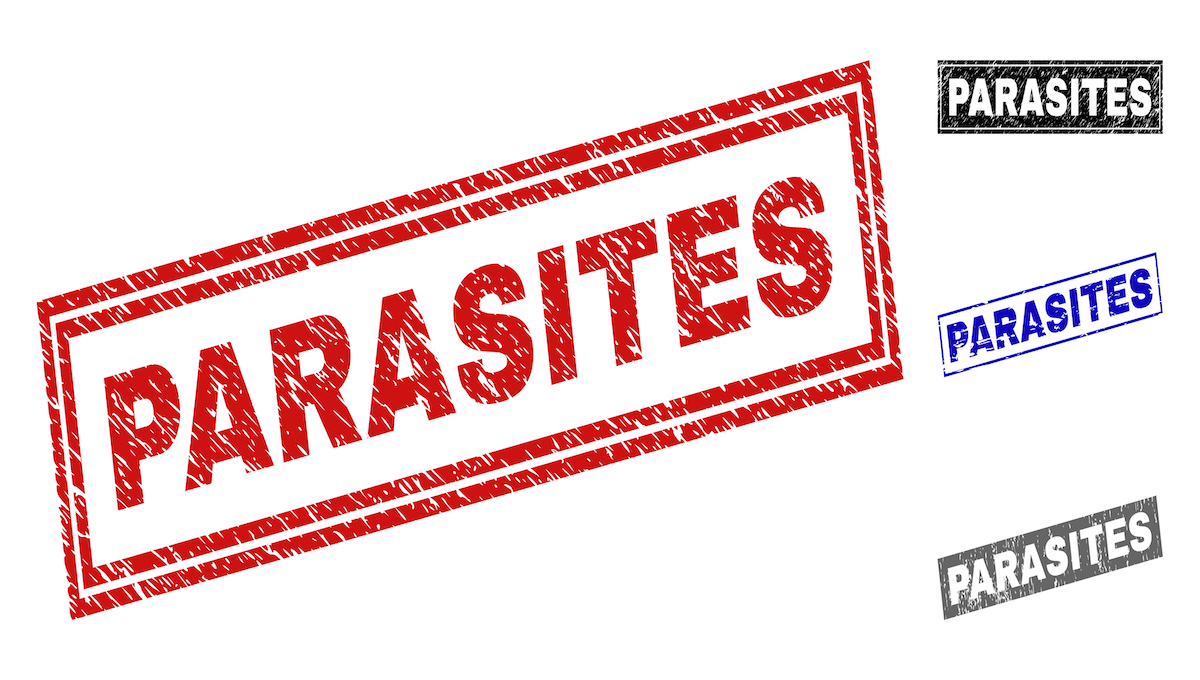
Researchers have analyzed produce in Spain for two foodborne parasites, finding a high level of contamination.
The study assessed the occurrence of Giardia duodenalis and Cryptosporidium oocysts in green leafy vegetables sold in Valencia, Spain. Samples were romaine, oak leaf, iceberg lettuce, and kale cabbage.
It included 129 vegetable samples, 64 from conventional farms and 65 from organic farms in Spain. Overall, 40 were positive, found the study was published in the International Journal of Food Microbiology.
Foodborne transmission of Giardia duodenalis involves the use of contaminated water for irrigation of crops or in food preparation, as well as contamination due to poor sanitary and hygienic habits by food handlers.
Higher rates in organic produce
Two methods were used. Of the green leafy vegetables analyzed, 30 were contaminated with Giardia duodenalis. When the result was only positive with one method, findings were called “doubtful.” This was the case for six samples.
Only 10 samples were Cryptosporidium positive but 34 were classed as doubtful. For confirmed positive samples, the frequency between vegetables from organic and conventional farming was equal. Autumn had the highest percentage of positivity.
Only in two cases of iceberg lettuce, from conventional farming in Murcia and picked in spring, was the presence of both parasites confirmed.
A dozen doubtful cases of contamination by Cryptosporidium were also positive for Giardia duodenalis. One lettuce sample was positive for Cryptosporidium but doubtful for Giardia.
A significant association between the detection of the parasite via cysts, oocysts, or parasite DNA and organic farming; the oak leaf lettuce, and samples harvested in spring.
Samples with the highest positivity were detected in spring, followed by summer. This could be related to the scarce rainfall and the resulting need for additional irrigation. There is also more animal activity and contact between animals and crops said, scientists.
Oak leaf is lettuce that grows in width so is likely to be entirely covered when watered, and its deformable leaves with recesses allow water to enter the internal layers.
“The high level of contamination detected in organic vegetables may be due to the type of fertilizers and the quality of the water used for their irrigation and reinforces the need to take extreme hygiene measures in vegetables that are consumed raw,” said researchers.
Italian findings
Another study has analyzed Italian and imported fresh produce for contamination with parasites.
Several types of Giardia duodenalis and four species of Cryptosporidium were detected. Entamoeba histolytica was found in imported blueberries and Giardia-like cysts in local raspberries were found in the study published in the International Journal of Food Microbiology.
A total of 324 packs of local RTE mixed salads from three different brands and 324 packages of blueberries from Peru, blackberries from Mexico, and raspberries from Italy were bought from supermarkets in the provinces of Bari and Foggia, Apulia.
There was a distinct seasonality in prevalence for Giardia duodenalis, with most positives in spring, but Cryptosporidium showed no significant seasonal variations.
“Results highlight that inadequate management of fresh produce, both locally produced and imported, along the food chain may have the potential for consequences on human health,” said researchers.
(To sign up for a free subscription to Food Safety News, click here.)
